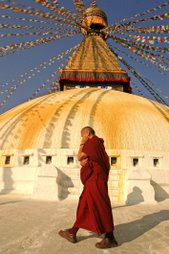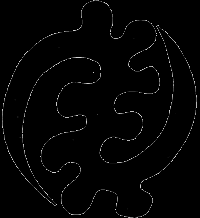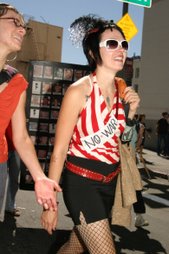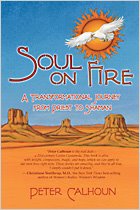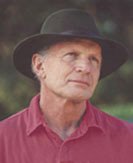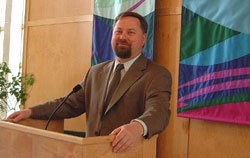Everywhere we look, we see the trend towards more and more efficiency: Less work for greater output, less investment for greater profits, less effort for greater results.
Yet, as we inch towards the second and third decades of the 21st century, we are reminded of a basic tendency of human beings to live the inefficient life.
Is it efficient for humans as a race to build structures like the Twin Towers, or bridges over the Tigris and the Euphrates or sacred sites and then destroy them for whatever reasons?
Is it efficient to build financial institutions and then let them crumble because they were designed to benefit only a segment of the society?
Is it efficient to invent and market products that are harmful to our lives and endanger the earth -- personal care products that hasten the aging process and cause cancer, foods that sterilize, etc., etc?
Is it efficient to describe success by the disproportionate wealth of a negligible few when the majority of the human race wallows in abject poverty, disease and despair?
While we are trapped in selfish efficiency concepts of strategic planning, political expediency, and profit maximization that work for only a few, we as a race are losing sight of the fundamental imperative. This is OUR world and its time to ask whose efficiency must make it work.
Our financial institutions will crumble, our most cherished edifices annihilated, we will self-destruct -- if we fail to rediscover and re-energize our societies with life’s ultimate perennial efficient principle.
This New Year and two decades ahead, the world will thirst for those who will rekindle that flame, those who will work to sustain this earth for the greater good of all.
They will be those who, like Albert Einstein, will seek above all to “know God’s thoughts” and let the details follow.
They will be those who will seek true happiness, not in finite things, but as the 2500 years old Chandogya Upanishad reveals: “There is no happiness in anything finite. The infinite alone is happiness. But one must desire to understand the infinite.”
The ultimate efficient principle then is to seek to understand the mind of God, the Kingdom of Heaven within, the Infinite Invisible. On this foundation alone can we sustain and build a world of justice and fairness that recognizes the interconnected of all human beings.
2008 is the year we can recommit to recognize the mystery within as the rock on which we can build in the long run the truly lasting and efficient social, economic and political structures.


